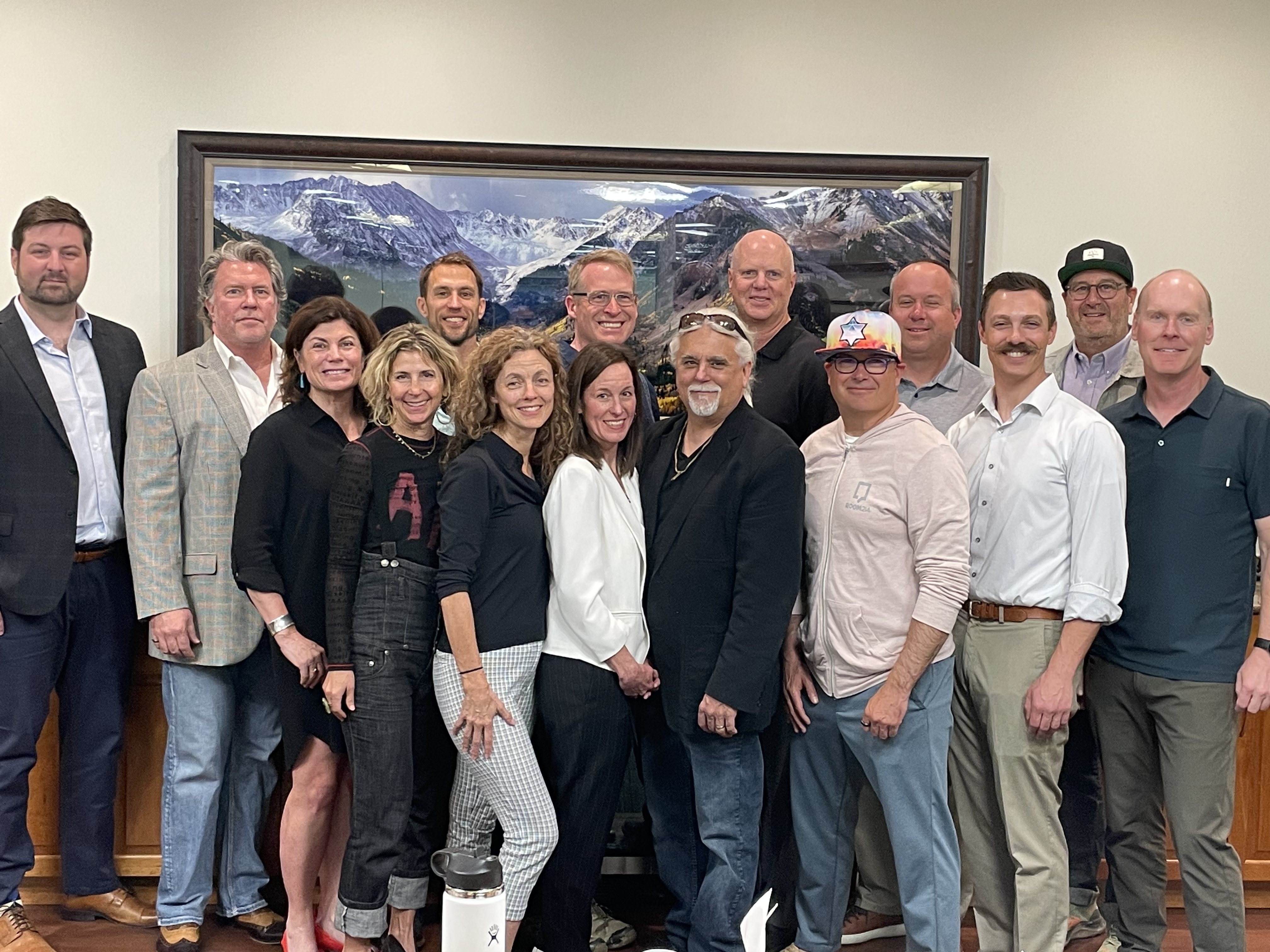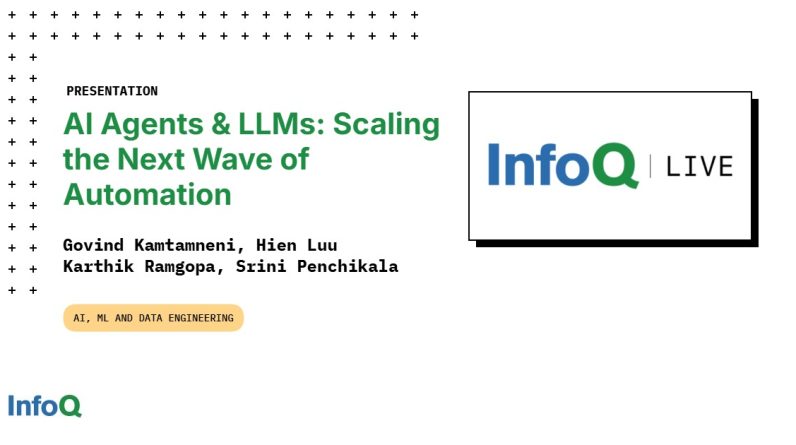
Attending Tuesday’s CEO Roundtable on Advertising and Marketing were, from left: Adam McKay, partner and director of digital marketing and client service, TEEM Marketing; Doyle Albee, president and CEO, Comprise; Susan Touchette Aust, CEO, Vermilion; Janice Ferrante, founder, Oblique Design; John Supsic, chief financial officer, Moxie Sozo; Jennifer Frazier, president and founder, Firefly Partners; Don Poe, CEO, People Productions; Kimberly Mallek, design and creative director, and Patrick Mallek, founder, both at Mighty Fudge Studios; Jim Cowgill, representing sponsor Plante Moran; James Clark, co-founder, Room 214; Jeremy Wilson, representing sponsor Plante Moran; Jon Svoboda, representing sponsor Bank of Colorado; Evan Russack, partner, account strategy, Work in Progress; and John Kadlic, CEO, Parallel Path. Ashley Cawthorn, representing meeting host Berg Hill Greenleaf Ruscitti, appeared via Zoom. Christopher Wood/BizWest
BOULDER — Executives at advertising and marketing companies in the Boulder Valley are embracing the use of artificial intelligence, but they’re mixing their enthusiasm with caution about ethics and loss of the human touch.
At a BizWest CEO Roundtable at the Boulder offices of law firm Berg Hill Greenleaf Ruscitti LLP, they said many are making use of such tools as ChatGPT, a bot that is trained to follow an instruction in a prompt and provide a detailed response, as well as other AI tools, but are careful to let clients know they’re still paying for creative work done by humans.
“The content’s all ours,” said James Clark, co-founder of the Room 214 agency, but AI “has been a game changer. It feeds directly into your own research and your own contacts. We ask AI to go into our own documents and start producing content. With AI, you can direct it into your particular content and then we write in specific prompts that are unique to our work that we want to achieve. That’s been the big unifying aspect of it; it’s gotten our team together and increased speed. We don’t use it externally.
“It’s our data and we make sure the customer knows what we’re using.”
The help from AI “is about abundance and not efficiency,” he said. “There was a lot of fear in our staff of, ‘Oh, they’re going to use us to train this thing and then we’re out.’ No, it’s about ‘What more can you do in your job?’ The mentality has never been that we’re going to get rid of people.”
Doyle Albee, president and CEO of Comprise, agreed. “If you’re good at what you’re doing, you can use it as a jumpstart to get to the right place.”
AI can provide new ways of thinking for her staff as well, said Kimberly Mallek, design and creative director for Mighty Fudge Studios. “If I have started something and given it my best effort and then run it through AI, it can generate more ideas back for me.
“If you have a small organization and you’re wearing a lot of hats, it can really help you present yourself in areas of business that you may not be quite as comfortable with.
“I just worry that maybe it could stop new ideas at some point,” she said. “If we’re getting so reliant on a system and a program that’s sifting through everything and bringing stuff back to us, has it stopped us from generating new ideas?”
Even so, she said, “there are ups and downs to some of the content it brings you. You might be stealing someone else’s intellectual property and not know it.”
That problem exists whether or not artificial intelligence is involved, noted Janice Ferrante, founder of Oblique Design. She had to fire an employee because “he worked off a logo from ShutterStock.” Her client spotted it, she said, “and I was mortified.”
“That’s the beauty of the industry,” said Evan Russack, a partner at Work in Progress. “It keeps law firms alive.”
Artificial intelligence can be as much a helpful nudge as a generator of undiscovered concepts, said Adam McKay, partner at TEEM Marketing. “If somebody’s stuck on something, it can get you past that a little bit. We use it for inspiration for logos.”
McKay also expressed excitement about what more the technology will be able to provide. ”Where it is now to where it was six months ago is mind-boggling,” he said. “Where will it be six months from now?”
It’s simply another tool like Adobe Photoshop, added Don Poe, CEO of People Productions. “It’s one more evolution of desktop publishing from the way it was in the ’80s. It does give you a lot of new ideas.”
At Parallel Path, said CEO John Kadlic, “we’ll ask it to build an SEO [search engine optimization] keyword list to see if we have any blind spots. If we’re doing a media plan, we’ll pump in some prompts and see if there’s channels or ideas or media elements we’re not contemplating, just to build on our team skills.
“We’re looking at it as a positive, not something to be afraid of,” he said. “We haven’t mastered it, but it’s nice to say, ‘Oh, that’s a good idea. I hadn’t thought about that.’ For us it’s been fun just to say, ‘Is there some other way to think about this problem beyond what we can with our own skills and areas?’”
And yet most of the executives expressed caution about losing the humanity in the marketing campaigns they produce.
Even though blogs produced by Firefly Partners are more robust, said president and founder Jennifer Frazier, “I don’t want to work with a company that doesn’t value face-to-face interaction and meeting my team. They’re not a fit for us.”
John Supsic, chief financial officer for Moxie Sozo, said the efficiency AI can create isn’t necessarily a benefit if “I can write 75 pitches instead of 10 thoughtful ones.”
While admitting that AI presents “a lot to be done from an efficiency standpoint,” Russack noted that “the bigger issue is that it’s not regulated so there’s no precedent set.
“I do think it’ll be interesting to see if some self-certifications or badging systems come out, like ‘This is an authentic image’ or ‘this was an AI-assisted image,” Kadlic said. “We put that down at the bottom of a slide — ‘This was augmented with AI’ so it doesn’t come off as just our work.”
Asked Albee, “Do I have to disclose I used spell-check?”
Using AI to generate copy is fine with Patrick Mallek, Mighty Fudge Studios’ founder, “but the visual stuff? It’s aggregated plagiarism, is all it is. It’s wrong on every possible level, ethically and morally. We won’t use it. That’s the backbone of what I do, and if you take that away from me, I’ve got nothing.”
Using AI-generated clip art is different from the old days of using clip art in advertising, he said, because “clip art was generated for that purpose, developed by an artist; a company made that and released it as clip art. The difference would be that AI is taking little pieces of everybody’s artwork and creating something unique.”
Those ethical issues will be a major concern for educating new students in advertising and marketing, Clark said.
“How are we going to train a new level of individuals that actually know what is right and what is wrong, because we are going to start automating smaller tasks that those people usually cut their teeth on,” he said. In college, “they are all over ChatGPT. They are prompt masters, and they’re going to come out and whup some ass out here. But they have no frickin’ clue about what a good marketing program looks like or what’s right or wrong.”
“In my world, it’s absolutely a train-wreck disaster, and it has to be regulated big time,” Patrick Mallek said. “We actually have AI software to tell if something was created by AI,” he said. “It reads the code. Things are getting crazy. It’s the Wild West out there.
The use of AI “is going to make hand-done artwork go up in value, and I’m happy about that,” he said, “because people are going to pay a premium for things done by a human and not by a computer.”
“What we bring forward to our clients is worth good money,” added Susan Touchette Aust, CEO of Vermilion. “I think it’s really important not to get scared and try to keep underbidding everything. That’s not going to be better for us.”
The problem with that,” responded Supsic, “is that there’s always someone who will do it cheaper for you, but you have to believe in your story and convince your client that you provide greater value and that’s why you cost more money. And be confident and stand by that and never waver, because we all know what happens when you say ‘I can’t do it for that price’ – eventually they’ll come back. We have a lack of self-confidence in our industry.”
“The big thing that I’m curious to watch is when the AIs start talking to each other and learn from each other when the human element is removed,” Frazier said. “I’ll be concerned about where the AI is getting its information. Are they repeating garbage?”
The BizWest CEO roundtables in the Boulder Valley are sponsored by the Berg Hill Greenleaf Ruscitti law firm, accounting company Plante Moran and Bank of Colorado. Marketing director Ashley Cawthorn represented BHGR via Zoom at the Roundtable, while managing partner Jim Cowgill represented Plante Moran, and Bank of Colorado was represented by commercial loan officer Jon Svoboda.






